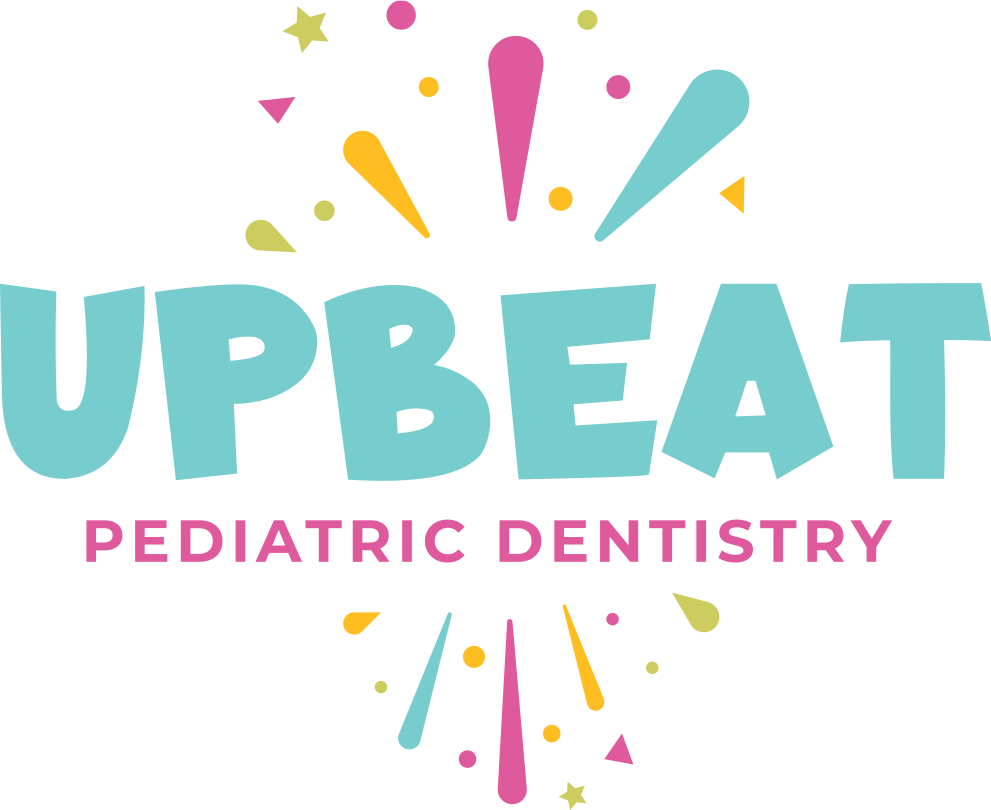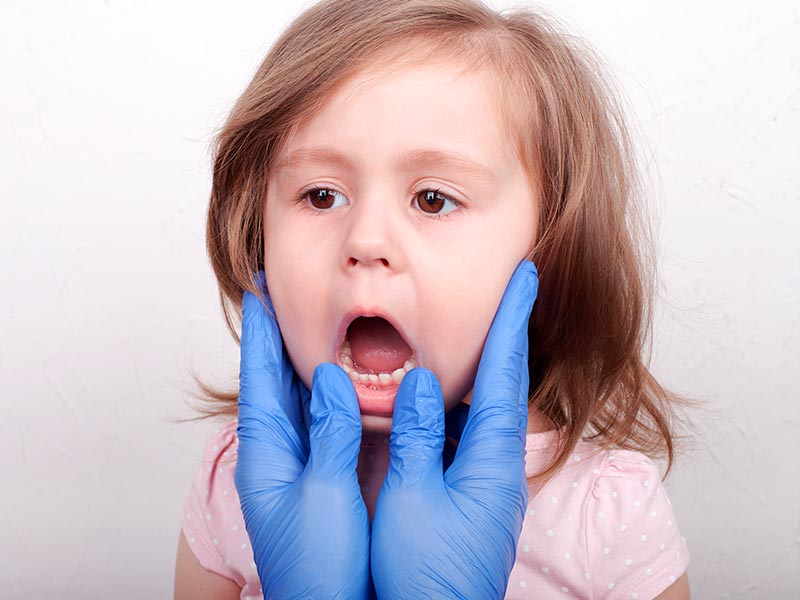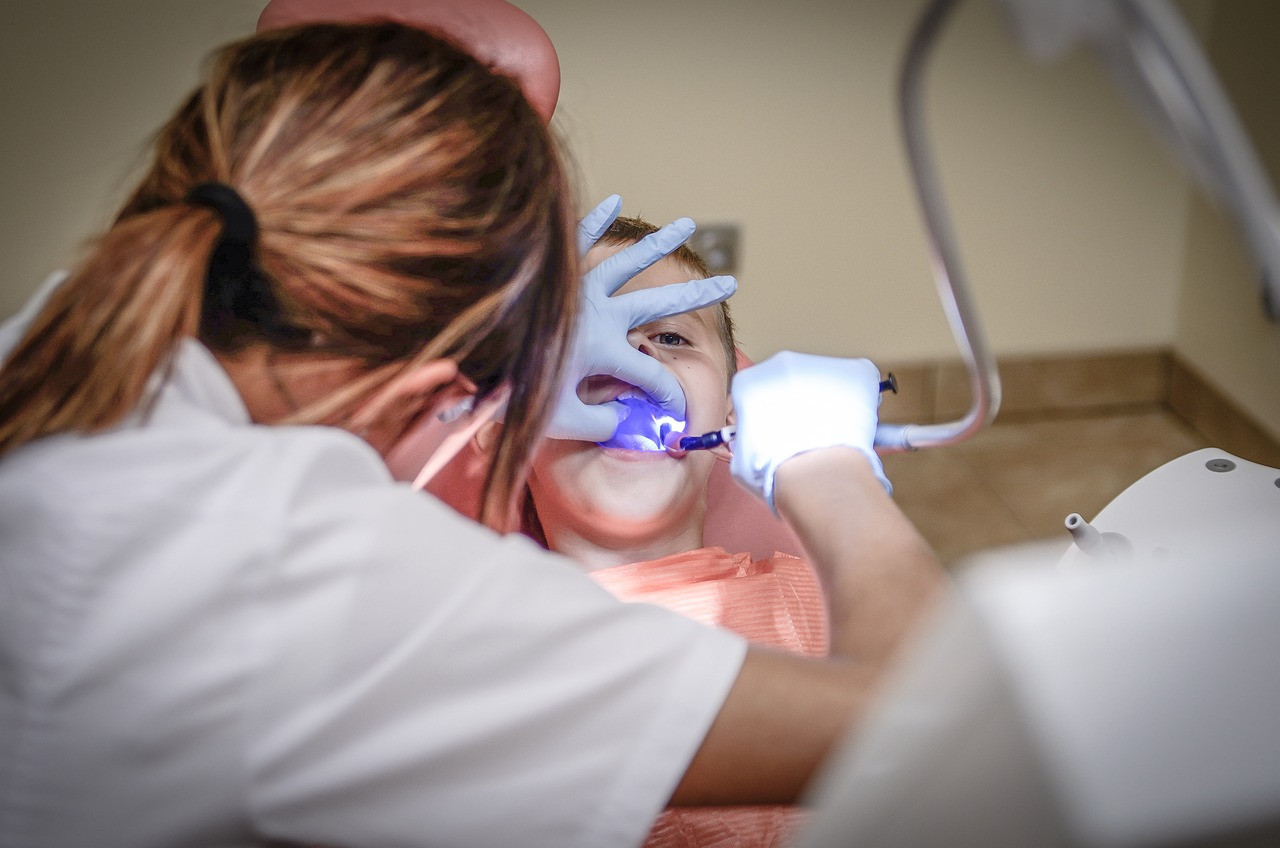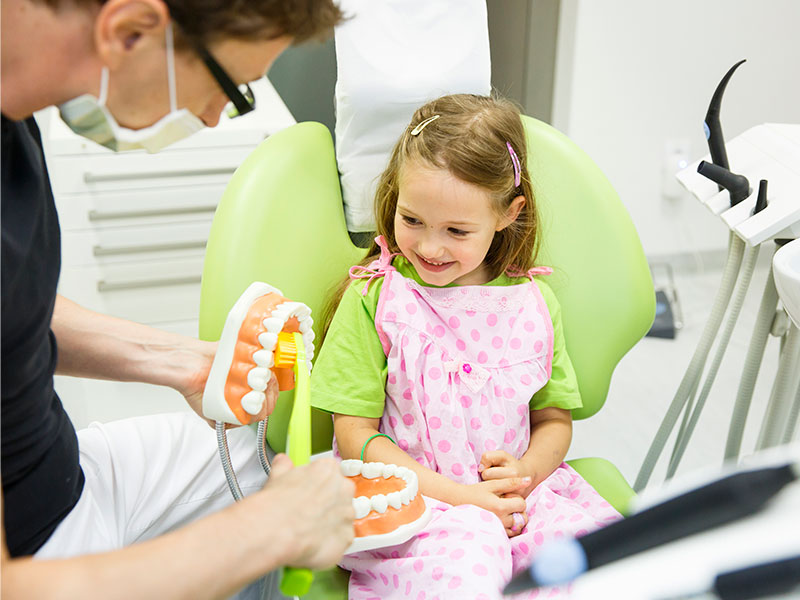The holiday season is a joyous time filled with festive decorations, delicious treats, and quality time with loved ones. Amid the celebrations, it’s crucial to maintain a focus on your child’s dental health.
At Upbeat Pediatric Dentistry, we understand the challenges that holidays can pose to oral well-being. In this guide, we’ll explore practical tips to ensure your child’s dental health remains a priority during this festive season.
Balancing Sweets and Treats
While it’s tempting to indulge in holiday goodies, it’s essential to strike a balance. Encourage moderation when it comes to sugary treats, as excess sugar can contribute to cavities. Consider providing healthier alternatives like fruit platters and cheese trays during gatherings.
Maintaining Oral Hygiene Routines
With a disrupted holiday schedule, it’s easy for oral hygiene routines to slip. Remind your child to brush their teeth at least twice a day and floss regularly. Consider setting a festive timer or making toothbrushing a fun family activity to keep the routine enjoyable.
Choosing Smile-Friendly Snacks
Opt for snacks that promote dental health. Crispy fruits and vegetables, like apples and carrots, act as natural toothbrushes, helping to clean teeth. Nuts and dairy products are also excellent choices as they provide essential nutrients for strong teeth.
Staying Hydrated
Water is not only vital for overall health but also plays a crucial role in oral hygiene. Encourage your child to drink plenty of water, especially after consuming sugary or acidic foods. Water helps rinse away debris and maintains a healthy balance in the mouth.
Pack a Dental Care Kit
Whether you’re traveling or attending holiday events, having a dental care kit on hand can be beneficial. Include a travel-sized toothbrush, toothpaste, and floss for quick oral care after meals. This ensures that your child can maintain their routine even when away from home.
Caring for Your Child’s Dental Health
This holiday season, prioritize your child’s dental health by incorporating these simple yet effective practices into your festivities.
At Upbeat Pediatric Dentistry, we are committed to supporting your family’s oral well-being. Schedule a dental checkup with us, and let’s work together to ensure your child enjoys the season with a healthy and radiant smile.




